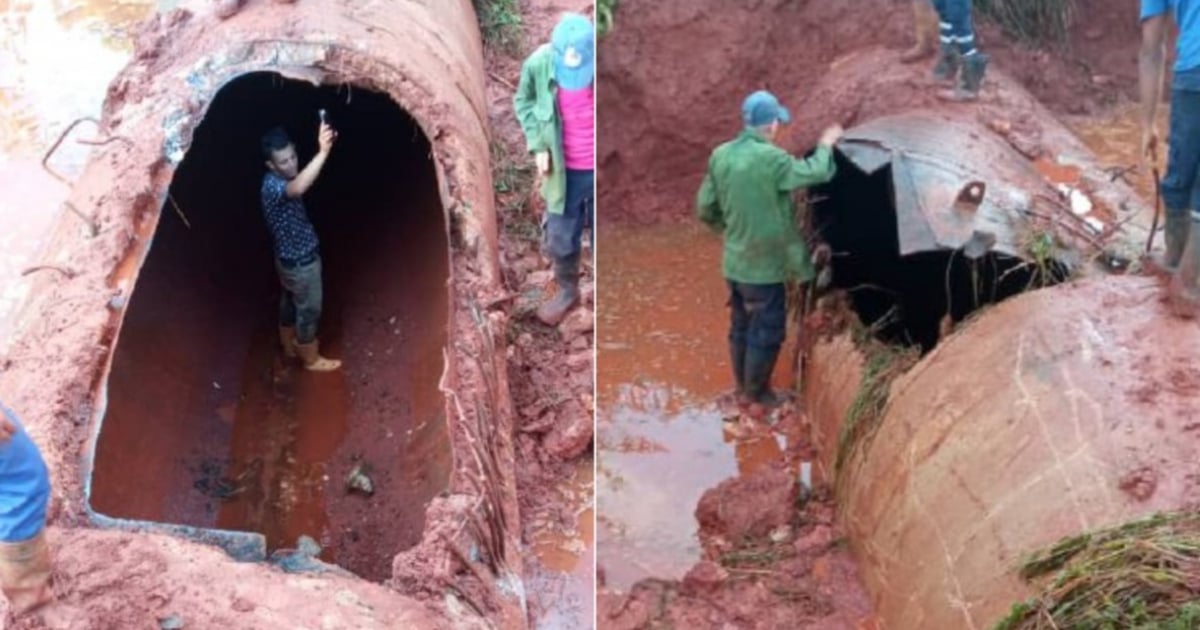In the midst of a profound national crisis, Antonio Rodríguez Rodríguez, president of the National Institute of Hydraulic Resources (INH) of Cuba, has acknowledged the departure of specialists seeking better wage conditions. "We are working on personnel training because, in the last phase, valuable workers and specialists decided to leave the sector in search of better salaries, and under these circumstances, the organization will continue to move forward," Rodríguez stated in an interview published on Monday in the official newspaper Granma.
The statement highlights a growing concern over the talent drain across various sectors, including water management on the island, which faces considerable challenges in terms of infrastructure and resources. It is no secret that salary conditions and incentives are insufficient in the Cuban state sector, underscoring the urgent need for reforms across all areas.
Undoubtedly, the regime faces the challenge of finding viable solutions to address this talent exodus and ensure the continuity and quality of hydraulic services in the country. Just a few days ago, the critical situation at the Eduardo Agramonte Piña Pediatric Hospital in Camagüey came to light, where there is no potable water for admitted children or their families.
Independent journalist José Luis Tan Estrada reported on his Facebook page that he had to assist a desperate father looking for water for his daughter, who is admitted to the intermediate care ward, at his aunt's doorstep. Additionally, since July, Havana has been experiencing a water supply crisis due to a shortage of pumping equipment, while residents of the Chicharrones neighborhood in Santiago de Cuba have had to alert authorities to the absence of the vital liquid for two months.
Addressing the Exodus of Hydraulic Specialists in Cuba
Given the critical situation of the hydraulic sector in Cuba and the exodus of specialists, here are some frequently asked questions and answers to provide a deeper understanding of the issue.
Why are specialists leaving the hydraulic sector in Cuba?
Specialists are leaving the hydraulic sector in Cuba primarily in search of better salary conditions and incentives, which are insufficient in the state sector.
What challenges does the Cuban hydraulic sector face?
The Cuban hydraulic sector faces significant challenges, including outdated infrastructure, inadequate resources, and a shortage of essential equipment like pumps.
What impact does the specialist exodus have on the Cuban population?
The exodus of specialists negatively impacts the Cuban population by reducing the quality and continuity of hydraulic services, leading to critical situations like the lack of potable water in hospitals and residential areas.
